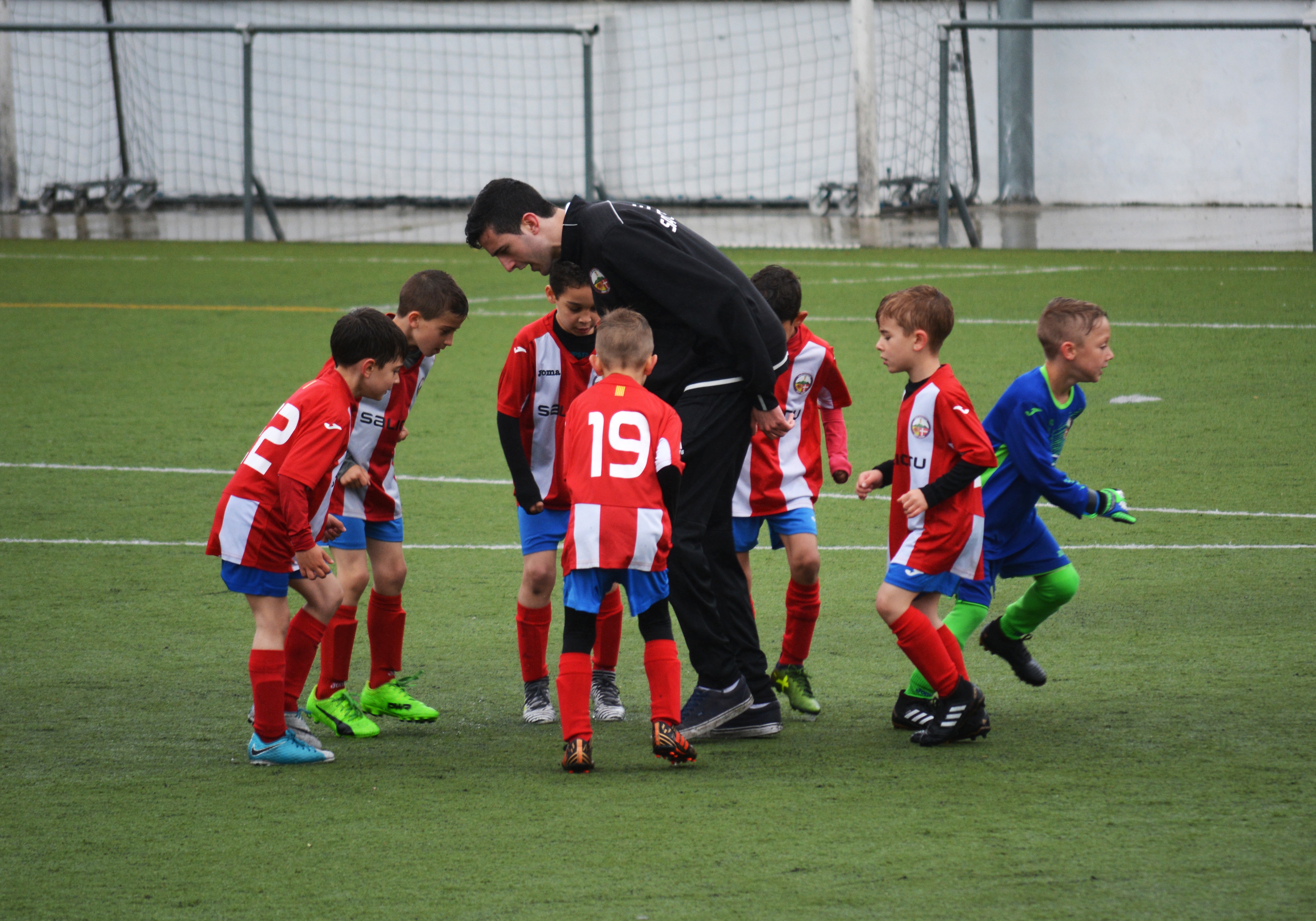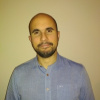About
The positive development of young people (PDYP) is an approach centred on the qualities of individuals associated with the positive psychology movement, and intervention programs aim to develop personal and social skills such as leadership, perseverance and emotional control essential for young people to be successful in different aspects of life (Lerner et al., 2014). Thus, the PDYP can be seen as a youth-centred approach that considers that it is necessary for coaches, teachers and other educational agents to use strategies, activities and define objectives to achieve these learning outcomes deliberately (e.g., Lerner, Almerigi, Theokas, & Lerner, 2005). In this sense, coaches play a crucial role in the PDYP (e.g., Camiré & Trudel, 2014) and should use a deliberate approach to the PDYP to increase the likelihood of generating these learning outcomes (e.g., Turnnidge, Côté, & Hancock, 2014). Since 2015, researchers in Portugal and Canada have conducted several studies in different sports (e.g., soccer, golf, hockey) to obtain information about how the PDYP can be facilitated. For example, descriptive studies have analysed (a) the role of coaches in the PDYP (e.g., Santos, Campos, & Camiré, 2016) and (b) the influence of coaching on coaches' ability to promote the PDYP (Santos, Camiré,MacDonald, Campos, Conceição, & Silva, 2017). In this context, these researchers have also researched the field of school sports, high performance and competitive sport for young people (e.g. Santos, Corte-Real, Regueiras, Dias, & Fonseca, 2016; Santos, Corte Real, Regueiras, Strachan, Dias, & Fonseca, 2017). The results of these studies highlight the importance and potential of training coaches in teaching skills that can help coaches facilitate the PDYP. However, it is essential to consider that these studies focused on the perceptions of coaches, and it is necessary to conduct longitudinal studies throughout sports seasons, with the objective of evaluating more objectively the influence of coaching in the intervention of these agents and the experiences of development. Thus, studies in the area of PDYP, in addition to describing reality, should focus on interventions that can be assessed through systematic and validated observation systems. Also, it is essential to use information from investigations in the PDYP area to develop initiatives that facilitate the transfer of knowledge to the community of trainers and researchers (e.g., Reade & Rodgers, 2009). Researchers in Canada have pursued such actions (e.g., Martin Camire and Dany J. MacDonald, co-investigators of this project) who have sought to make available to coaches the results of research in this area (e.g., Kendellen, Camiré, Bean, Forneris, & Thompson, 2017).
The objective of this project is to implement a coach training program focused on the PDYP and evaluate its effectiveness through an objective analysis of the behaviour of coaches and athletes throughout a sports season, as well as to develop a training plan to disseminate the results to communities of practice through the knowledge transfer model. The two central issues guiding this project are: (a) Does a PDYP-centered coaching program promote quantifiable improvements in the intervention of these agents? (b) Are there improvements in youth development experiences through interaction with coaches who were involved in a PDYP-centered coaching program?




